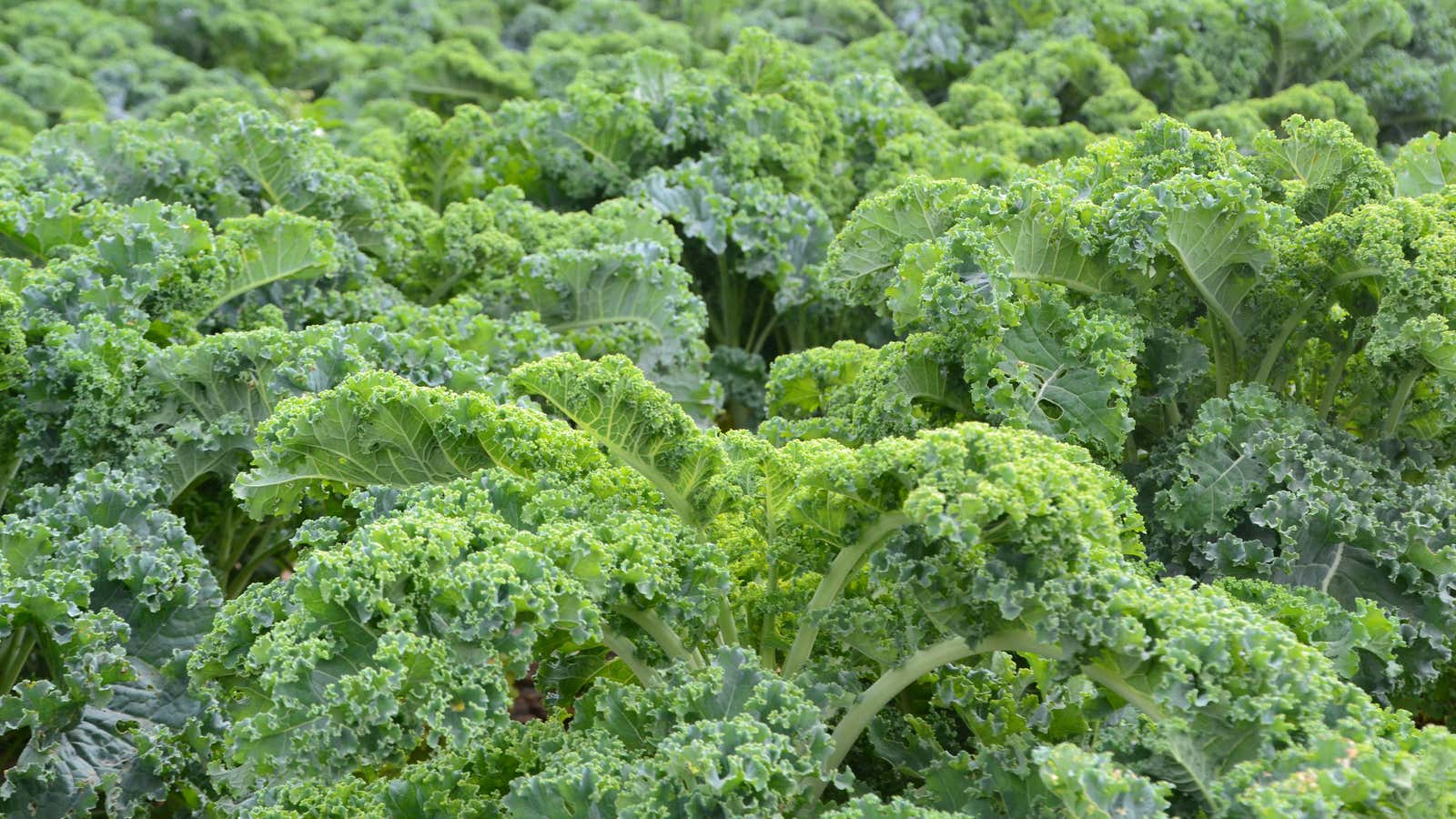Despite the many environmental benefits of organic farming—it’s better for soil, water, air, and climate change—it’s often written off as economically unfeasible for farmers. That’s largely because the same patch of land will produce less food when farmed without the synthetic fertilizers, pesticides, and other tools used in conventional agriculture.
But according to a new study published in the Proceedings of the National Academy of Sciences, organic farmers can make more money than their conventional counterparts, even with their lower yields, because consumers are willing to pay more for organic foods. (Consumers pay extra, apparently, even when they don’t know what “organic” means.)
The researchers conducted a meta-analysis of 44 studies representing 55 crops grown in 14 countries on five continents over 40 years, and found that organic farming was actually 22-35% more profitable than conventional agriculture. Organic foods, the study found, often include a price “premium,” or markup, of 29-32%. Only a 5-7% premium is needed to break even. True, organic farmers spend more on labor—7-13% more according to the study. They use hands-on pest control methods, for example, like introducing a predator insect to get rid of a pest species, instead of pesticides applied en masse. But farmers offset those costs by skipping the expense of synthetic fertilizers and pesticides.
Plus, the study notes, many benefits of organic farming aren’t quantified and would likely tip the balance even further in organic’s favor. Problems like soil erosion and fertilizers’ nitrates entering nearby groundwater, for example, often plague conventional agriculturists but not organic ones.
So why aren’t more farmers switching to organic methods? It takes three years of organic farming before a farmer can label his produce “organic” and cash in on that surcharge. During those three years, the farmers need to spend, grow and harvest like an organic farmer—but earn like a conventional one. The study’s authors conclude by urging governments to encourage farmers to transition from conventional to organic by developing policies to support them during that time.
The photograph above was taken by Suzie’s Farm and shared under a Creative Commons license on Flickr. It has been cropped.




